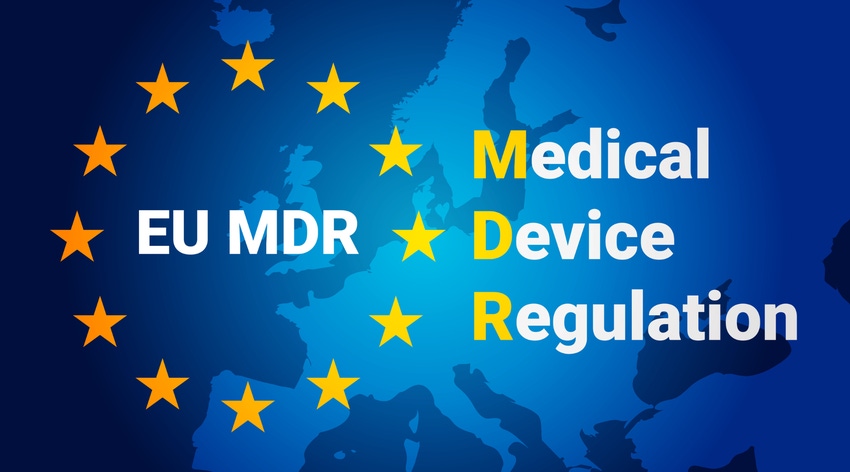EU MDCG Updates Controversial Position Paper
The European Medical Device Coordination Group just put notified bodies on notice.
December 14, 2023

The European Medical Device Coordination Group (MDCG) updated a controversial 2022 position paper last week that medtech manufacturers will want to take note of.
According to a summary published by Market Pathways, the updated paper calls for quicker action under EU regulations to notified bodies and not just manufacturers. That's an improvement over the original paper, which pressured medical device manufacturers to ensure timely compliance with EU MDR requirements. The paper was met with industry criticism for "unfairly laying the blame for system-wide medical device regulation implementation failures on companies," according to Market Pathways.
Now, the MDCG is pressuring notified bodies to streamline their procedures and improve their conformity assessment activities in terms of transparency, timelines, predictability, and consistency.
That doesn't mean manufacturers are off the hook, however. The group is still calling for medtech companies to send in applications as soon as possible. The revised paper also expands the MDCG's focus on the EU's IVD regulation (IVDR), warning of bottlenecks for high-risk (class D) in vitro diagnostics in 2023. It also newly acknowledges the “effort of the many manufacturers that already adapted their system to the regulations," Market Pathways points out.
Bottom line: Proceed without delay
Velferd, a quality assurance and regulatory affairs medical device and IVD consultancy firm, took to LinkedIn to point out the flaws in the latest MDCG position paper.
Despite notified bodies' efforts to improve their capabilities for evaluating and managing applications, there are still only 40 notified bodies under the EU MDR and 12 notified bodies under the EU IVDR.
"
Manufacturers will need to proceed with the regulations and submit their certification applications without further delay," Velferd wrote in its LinkedIn post. "
Manufacturers should also note that, once an application has been submitted to a notified body, the duration of the conformity assessment process is currently longer than required by the Directives."
On the latter point, Velferd noted several contributing factors, including a lack of information on the manufacturers' part. The firm cited data from notified bodies showing that most manufacturers' applications are incomplete, which can contribute to delays in the certification process.
About the Author(s)
You May Also Like



.png?width=300&auto=webp&quality=80&disable=upscale)
